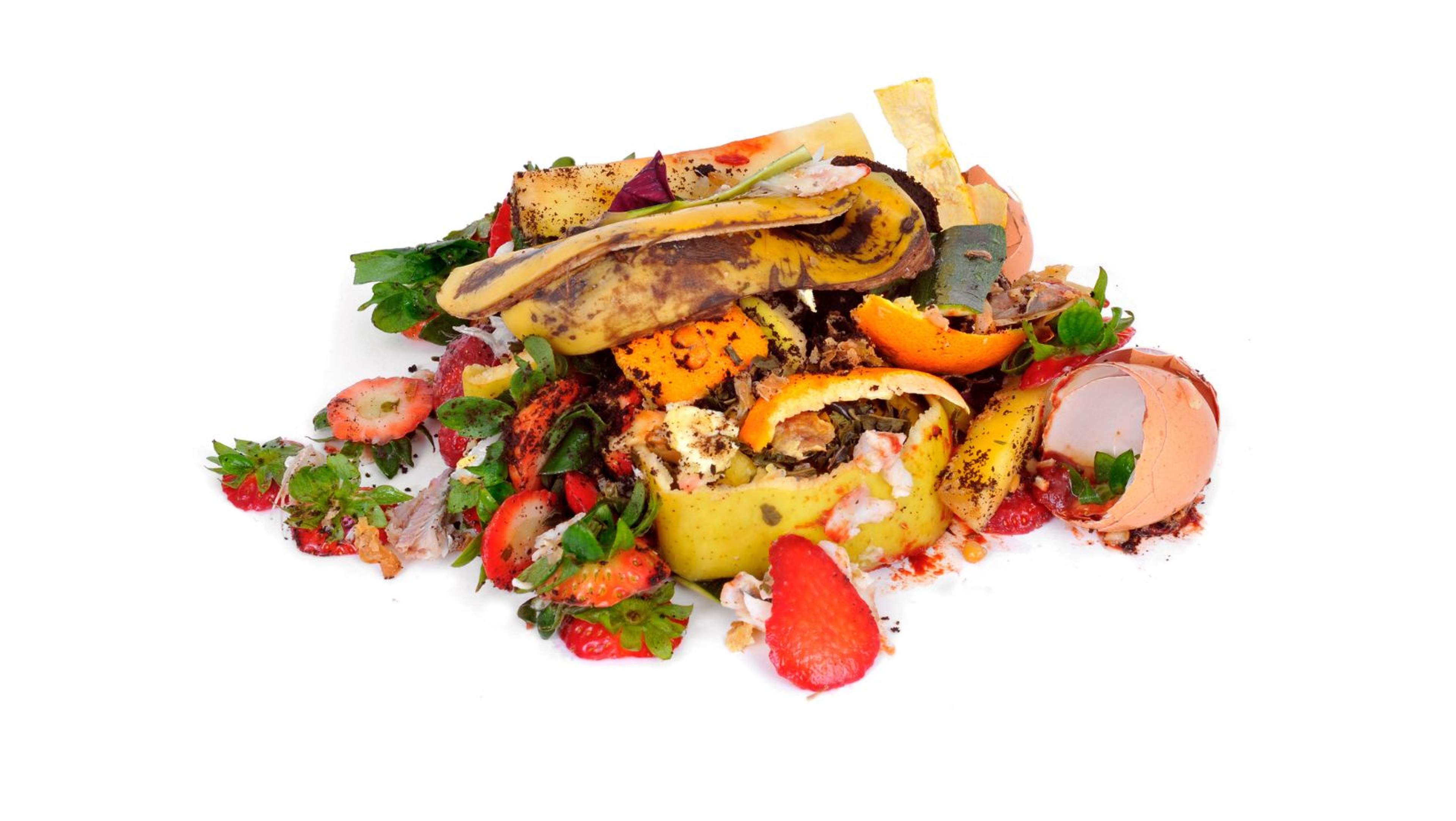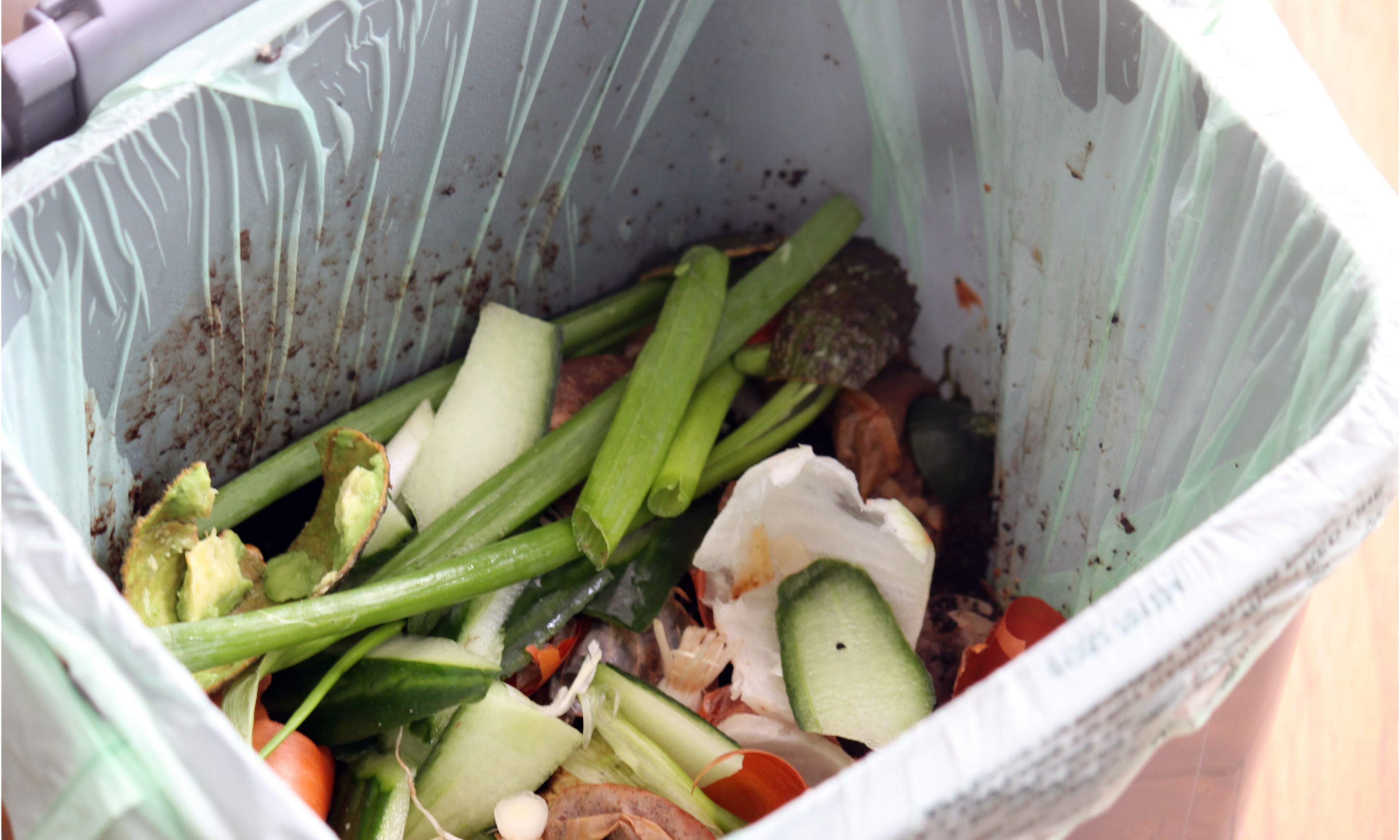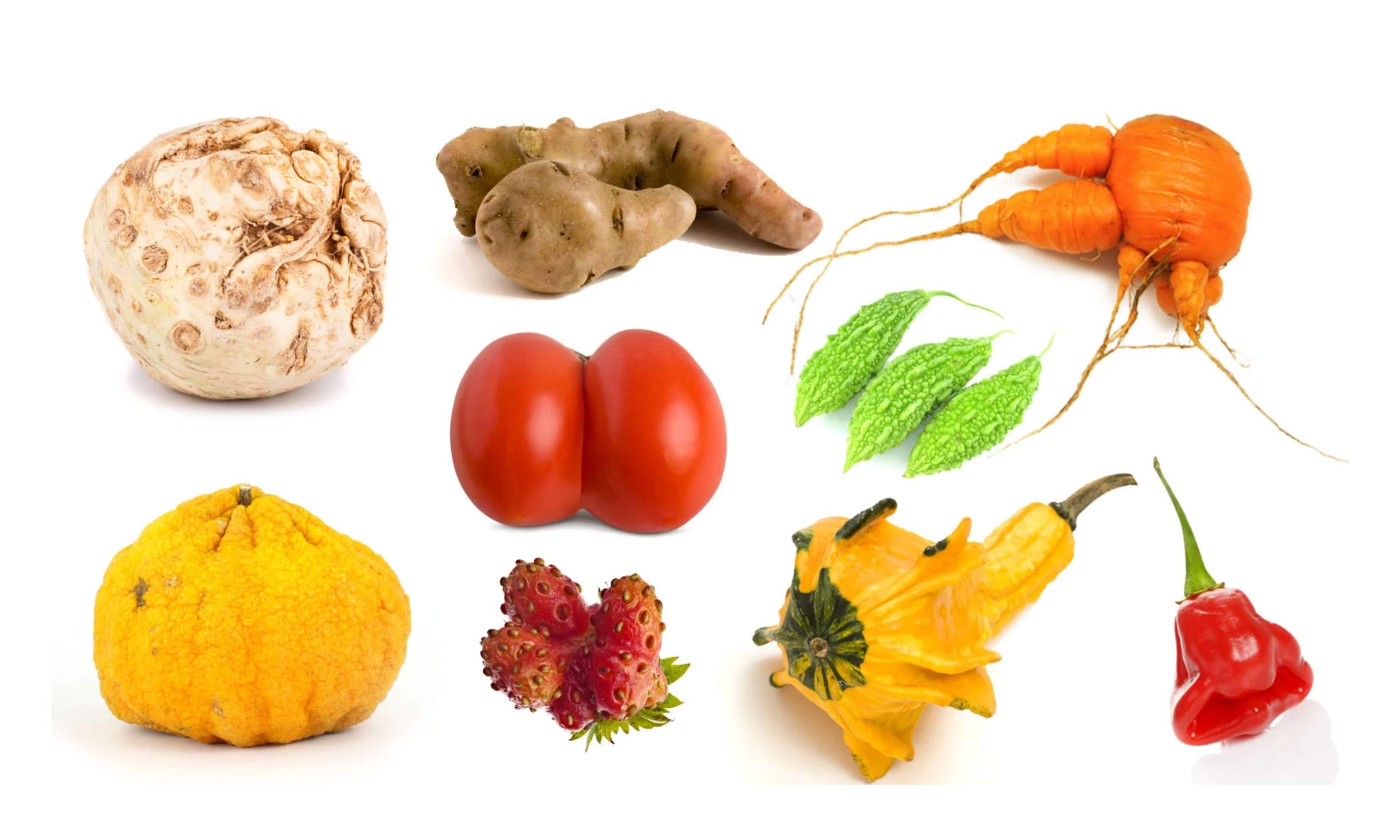Feb 7, 2023
The Problem of Food Waste
Let's talk about food waste
When it comes to promoting sustainability and environmental responsibility in the United States, renewable energy, recycling, and green transportation seem to get all the attention.
Buy an EV! Go solar!! Switch to LED!!! Recycle everything!!!!
Meanwhile food waste is responsible for 8% of climate pollution worldwide. From unharvested food left rotting in fields to unsold food tossed into grocery store dumpsters, even that head of iceberg lettuce turning into green soup in your fridge, it's all a problem.
An estimated one-third of surplus food is shoveled into landfills each year, accounting for nearly one-quarter of landfill inputs in the U.S. All of this wasted food slowly decomposes and emits methane, a highly potent greenhouse gas that traps even more heat in the atmosphere than carbon dioxide. And that doesn't even touch on the wasted resources and emissions produced during the growing, production, and transportation of that food that never served its purpose!
Progress is spreading
But in recent months the issue of food waste has finally been getting a bit more attention. At the beginning of January, the Food Donation Improvement Act was signed into law, making it easier for businesses to donate surplus food without fear of liability. This will not only help get more food into the kitchens and bellies of many food-insecure Americans but will also prevent significant food waste related emissions.
The United Nations is helping to tackle food waste on a global scale with the launch of their 123 Pledge. The Pledge encourages not only food related businesses, but also governments, chefs, and others to make commitments to reducing food loss and waste in an effort to further reduce greenhouse gas emissions.
But what does this have to do with me?
Even with these new initiatives, as anyone with kids knows food waste is still going to occur in our homes. The average American family of four tosses about $1,600 worth of food every year. That's a pretty significant amount of money!
There are definitely steps we can all take to reduce how much food we end up throwing in the trash. By instilling some of these practices into your weekly habits, you'll see less food in the bin and more money in your wallet.
Preventing food waste at home
Eat your leftovers
You ordered it at the restaurant or cooked it at home because you liked it right? Well enjoy that meal in the coming days and save yourself the money or labor of a new meal. I highly recommend an air fryer for making those leftovers taste same day fresh.
Even small amounts of leftovers can be used in other ways. Scraps of vegetables such as onions, carrots, celery and more make great vegetable broth. Overripe fruit is still delicious in baked goods, smoothies, or oatmeal. Stale bread (or those ends that no one likes) can be transformed into salad croutons or baked into a tasty breakfast strata.
Your freezer is your friend
Berries or bananas getting a little overripe for your taste but aren't moldy? Wash and freeze them to use in smoothies or baked goods in the future.
Recipe called for fresh herbs, so you bought an entire bunch but only used a little? Pack the extras into ice cube trays with water and freeze them to thaw and use later. Fresh herbs are not cheap!
Pay attention to those expiration dates on fresh meat and fish and even cheese. If you won't use them before that date, but sure to properly package and freeze them to enjoy later.
Speaking of those leftovers, if you don't plan to enjoy them right away, package them up and freeze them to enjoy next week (depending on what it is of course, not everything freezes well).
Store your food properly
We all know that fruits and vegetables can be finicky. You open the crisper drawer one day and they look great only to be mushy or covered in white fuzz the next. Storing fresh foods properly or with common kitchen helpers such as paper towels can help extend their life. Food52 gives a great breakdown on how to store most produce to make it last.
There are also a lot of great products available that do a much better job than your crisper drawer. Prepworks is my personal favorite for storing delicate produce like cucumbers and strawberries that have a shorter shelf life than most.
Plan your meals
Planning your meals in advance can go a long way toward preventing food waste. Be sure to take an inventory of what you already have on-hand before grocery shopping so you don't overbuy. By coordinating your meals to use some of the same ingredients, particularly fresh produce, you can also prevent that half head of cauliflower from turning brown the following week when you inevitably forget about it.
Buy the "ugly" produce
Grocery stores have been obsessed with the aesthetics of produce for far too long. The perfectly straight single carrot doesn't taste any better or have higher nutritional value than the one that appears to have two legs, I promise you.
Companies like Misfits Market and Imperfect Foods save these foods from the landfill and bring them to consumers at a discount. Some larger grocery chains are catching on to the trend as well and have begun offering "ugly" produce at a discount, so check to see if your local stores do as well.
Last but not least, compost!
Of course there will inevitably be some amount of food waste at home. Kids leave picked at food on their plates and no one expects you to eat eggshells. But if you're able to, compost that waste instead of putting it in the trash.
If you're lucky enough to live in an area with municipal compost pickup, those food scraps can go right into your yard waste bins along with grass clippings and fallen leaves. Once composted they transform into vital nutrients to improve soil health and reduce greenhouse gas emissions.
Backyard composting is another option that can provide nutrition for your own gardens. For smaller scale composting when you don't have a yard, newer countertop-sized kitchen composters such as Lomi can take care of your excess food waste.
If you'd rather not deal with the composting yourself but don't live somewhere a program is available, let your local representatives know that you want it! Since approximately 73% of the U.S. population does not have access to some type of food composting program in their city, we definitely have room to improve.
Disclaimer: This post contains links to products and services that are provided by third parties. I did not receive compensation for my recommendation or endorsement from any of these products.








